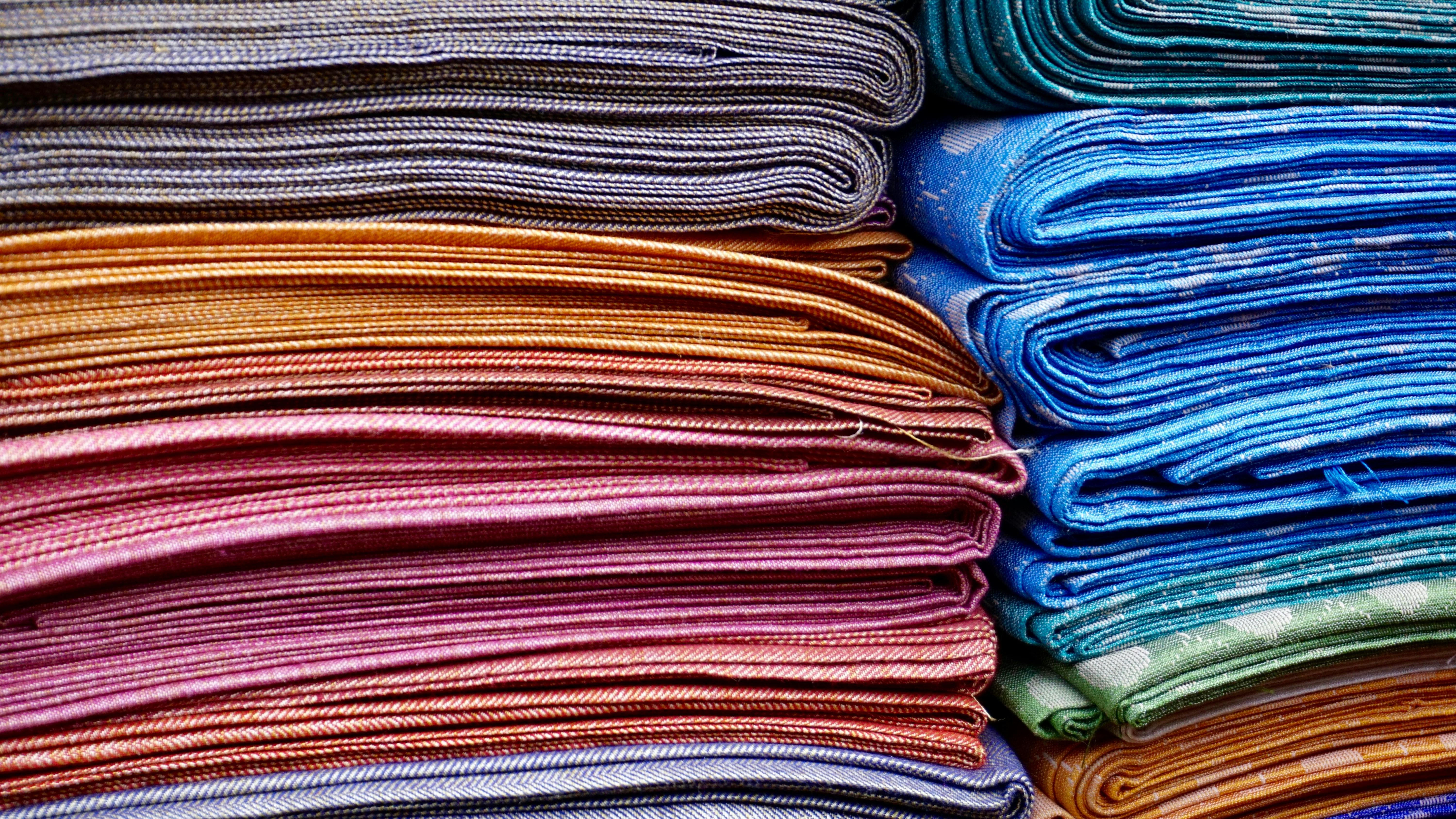Neutral Polishing Enzyme: A Key Player in Textile Finishing
Release time:2025-02-12
In the evolving landscape of the textile industry, the demand for high-quality and eco-friendly products has never been greater. Neutral polishing enzyme, a specialized biotechnological product, is gaining prominence as an integral part of the fabric finishing process. This enzyme is designed to enhance the texture and appearance of textiles, making it a valuable asset for manufacturers aiming to meet the stringent market demands.
The role of neutral polishing enzyme in textile processing is multifaceted. It is primarily used to smooth the fabric surface, reduce pilling, and improve the overall hand feel. By doing so, it contributes significantly to the final product’s quality and durability. The enzyme works effectively in neutral pH conditions, making it suitable for a wide range of fabric types.

Key areas where neutral polishing enzyme demonstrates its effectiveness in the textile industry include:
Fabric Finishing: Neutral polishing enzyme is essential for achieving a smooth and even surface finish on fabrics, which is crucial for the production of high-quality garments.
Anti-Pilling: The enzyme helps to reduce the formation of pills on fabric surfaces, thereby extending the lifespan of the textile product.
Softening: By smoothing the fabric fibers, neutral polishing enzyme enhances the softness and comfort of the final product.
Key Features and Benefits of Neutral Polishing Enzyme:
Improved Fabric Quality: Neutral polishing enzyme enhances the overall texture and appearance of textiles, resulting in a superior finish.
Versatility: The enzyme is suitable for natural cellulose fibers like cotton and linen, as well as regenerated cellulose fibers like viscose, making it a versatile tool for textile manufacturers.
Eco-Friendly: Neutral polishing enzyme is biodegradable and environmentally friendly, aligning with the industry’s sustainability goals.
Process Efficiency: The use of this enzyme can streamline production by reducing the need for multiple finishing steps.
Industry Trends and the Future
As the textile industry increasingly focuses on sustainability and eco-friendly practices, the importance of neutral polishing enzyme is set to grow. Compared to traditional chemical-based finishing methods, enzymatic bio-polishing reduces water and energy consumption while minimizing chemical waste.Manufacturers are seeking solutions that can deliver high-quality products while minimizing environmental impact. The development of neutral polishing enzyme is in line with these trends, as it offers an effective and eco-conscious alternative to traditional finishing methods.
Formulators are continuously working to improve the performance of neutral polishing enzyme, ensuring that it meets the stringent quality standards of the industry. This includes optimizing the enzyme’s stability and compatibility with various fabric types.
In conclusion, neutral polishing enzyme is a critical component in the textile finishing process, contributing to the production of high-quality and sustainable fabrics. As the industry evolves, the role of this enzyme is likely to expand, with a focus on performance and environmental responsibility. Its ability to improve fabric texture and reduce pilling makes it an essential part of the textile manufacturing process, ensuring that the final products meet the highest standards of quality and sustainability.
Neutral polishing enzyme
Related News
Fluffy Silicone Oil Softener: Enhancing Textile Comfort and Performance
In the continuous quest to enhance the feel and handle of textile products, fluffy silicone oil softeners are emerging as a vital addition to the fabric finishing industry. These specialized treatments are designed to play a significant role in the manufacturing process, ensuring that fabrics achieve an unparalleled level of softness and comfort.
2025-03-10
Anti-Slipping Agent: Enhancing Safety and Performance in Textile Applications
In the ongoing effort to improve the functionality and safety of textile products, anti-slipping agents are emerging as a crucial component in the fabric processing industry. These specialized chemicals are designed to play a pivotal role in the manufacturing process, ensuring that fabrics maintain their grip and stability during use.
2025-03-04

